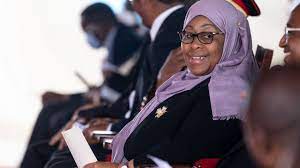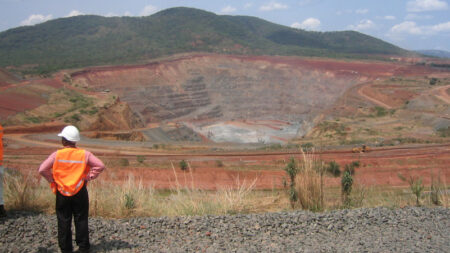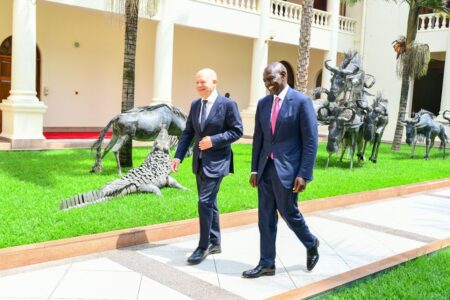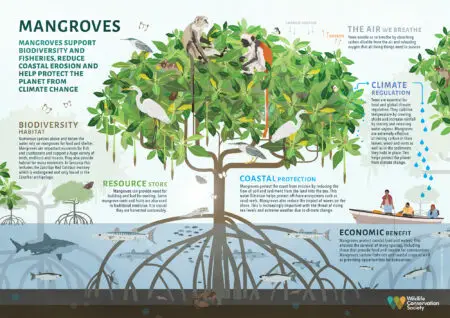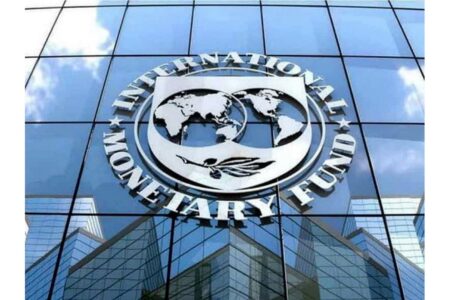
Tanzania’s President Samia Suluhu Hassan has, since taking power in March this year, embarked on a path to rebuild corroded investor confidence in the country. The new president, the first female head of state in the country, has not been shy about admitting that the investment climate in Tanzania has been poor and is worsening by the day.
As such, she has publicly asked her government to do all it can to rebuild investor confidence and first and foremost, make the country’s tax regime affordable, fees and regulations acceptable and residency and work permits less bureaucratic.
Lucrative investment lies in major national development projects and since the country has a list of priority projects, President Samia ordered that this priority list be made public to ensure investors know the country’s interest and which areas to invest in.
“The requirements needed for a project to be regarded a priority will be made open so that they can be understood by all,” the president said. In this regard, the president ordered that these projects be qualified for tax breaks and other incentives. She said it is her administration’s goal to rebuild Tanzania’s image abroad. She said investors view the country as having an unpredictable investment climate, hostile tax collection, and bureaucracy, all of which are driving investors away.
“The sixth phase government will take an uncompromising approach on this, and we will start with the blueprint for the improvement of Tanzania’s business climate… Issuance of permits and licenses will be streamlined, and so will the process of issuance of land to investors,” the president announced.
She also said tax collection will henceforth focus on compliance rather than coercion and intimidation.
Under her administration, the president pledged to strengthen Foreign Affairs to build economic diplomacy. She said Tanzania will now send diplomatic missions abroad to paint a better image of the country. “Plans are underway to open more embassies in key countries and consulates in strategic cities, even in states where Tanzania has an embassy,” local media quotes the president as declaring.
Further still, President Hassan is also interested in rebuilding relations with neighbouring countries in the East African Community (EAC), the Southern Africa Development Community (SADC) and the EAC-SADC-COMESA Tripartite Free Trade Area.
“Our diplomatic staff has to be competent in striking deals in investment and trade promotion as well as seek strategic partners in tourism,” she said, noting that the government will review and make all necessary amendments to the country’s foreign policy so that it may, “…address the current priorities and challenges in the world.”
https://theexchange.africa/uncategorized/investor-confidence-in-eac-improves/
Signs of Regained Investor Confidence
A clear sign of growing investor confidence was highlighted recently by the US Ambassador to Tanzania, Donald Wright who urged US companies to invest in Tanzania. Speaking to press in Dar es Salaam, he reaffirmed the US commitment to increasing trade and investment between Washington and Dar es Salaam.
Already, the two countries share huge trade numbers with the Office of US Trade Representative placing the US goods trade surplus with Tanzania at an impressive US$203 million in 2019.
To reaffirm the fact that the country is now investor-friendly, so to speak, Ambassador Wright said, “…the commercial relationship is a vital element of the sustained ties that we have enjoyed between our two countries.”
Citing the recent launch of a US real estate company, RE/MAX, he said the fact that the company is expanding and opening a franchise in Dar es Salaam is evidence enough that there is room for investment and growth.
“I was pleased to hear that Zanzibar has recently announced a programme that will allow foreign investors to take advantage of tax and residency benefits for investments on the islands,” he pointed out saying the move makes Zanzibar more attractive to investors.
“These types of policies continue to make Tanzania and Zanzibar more attractive to US investors,” Mr. Wright reiterated.
Perhaps no-one has articulated the growing investor confidence better than the RE/MAX Tanzania Regional Director, James Prevost who said, “…there is an increase in interest by foreign investors, creating a growing demand for residential and commercial real estate in Dar es Salaam.”
Backing the statement was RE/MAX Coastal Owner and Director, Stephi Hill Said who said the company is a clear example of regained confidence in Tanzania as a suitable destination for investment. Notably, the company has been operating in the Isles and has now expanded its business to the mainland thanks to a business environment that is conducive. .
“It is our plan to assist in reducing the vacancy rates in Dar es Salaam,” she said. “I am also a firm believer in the RE/MAX capacity building programme that provides the opportunity for Tanzanian youth to get started on their entrepreneurial journey through a new career,” the CEO pointed out.
Polishing a Tarnished Image
Earlier this year, local media quoted President Hassan as saying; “…investors are closing their businesses and shifting to other neighboring countries. They don’t trust us anymore.”
She was emphatic that investors see Tanzania as an unpredictable country which is making them shy away from investing. She, at that point, announced that her government will make policy reforms that will earn back the trust of foreign investors and make Tanzania a preferred choice for investment.
Tanzania is taking the initiative to ensure it rebuilds investor confidence with the president making it clear she wants tax and policy reforms to be favourable for foreign investors. Now that tax reforms have been passed, including the removal of fees on grants among other things, the country is seeing an influx of foreign investors. Similarly, the government of Zanzibar also announced a new tax and residency programme designed to make it easier for foreigners to get living and working permits as well as to invest on the island.
FDI in Tanzania
Hitherto, Tanzania has been one of the most preferred destinations for foreign investment in Africa; in fact it is among the 10 biggest recipients of FDI in Africa. According to UNCTAD’s 2020 World Investment Report, the FDI inflow into Tanzania reached USD 1.1 billion in 2019 and showed an increase compared to the previous year’s US$1 billion.
The report says Tanzania’s current FDI stock is estimated at US$ 21.8 billion with the mining sector, the oil and gas industry, as well as primary agricultural products sector (coffee, cashew nuts and tobacco) drawing in the most amount of FDI. Notably, the country’s primary investors are China, India, Kenya, the UK, Mauritius, Oman, the UAE, Canada, the US, the Netherlands, South Africa, and Germany.
However, as is the case the world over, last year, owing to the COVID-19 pandemic, there was negative impact on FDI. According to UNCTAD’s Global Investment Trends Monitor, FDI flows to Sub-Saharan Africa decreased by 11% to an estimated US$28 billion.
World Bank’S ‘Doing Business 2020’ report ranked Tanzania 141st out of 190 countries, a three step upgrade compared to the previous year’s report. “Investors are drawn to the country’s commitment to implement sound macroeconomic policies, its efficient privatization program and abundant natural resources,” the report reads in part.
https://theexchange.africa/countries/kenya/kenya-beats-south-africa-as-biggest-investor-in-african-countries/





